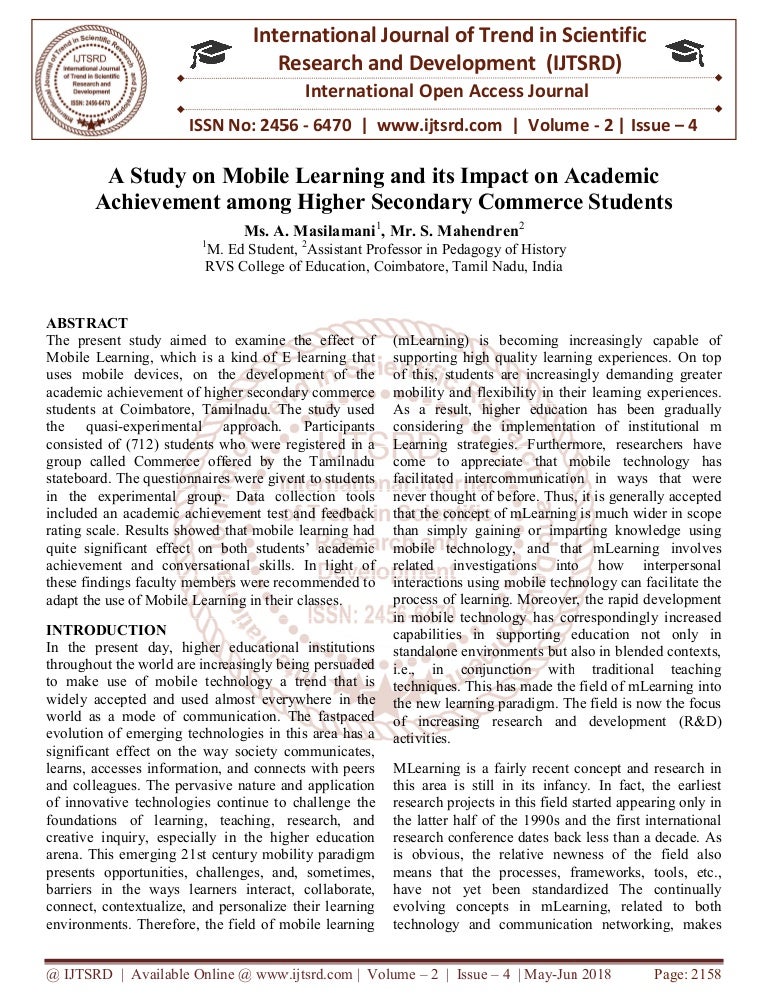Science Mr.'s Learning Website
Smithsonian Science How
UC Berkeley's Understanding Science website is a 'must use' for all science teachers. It is a great resource for learning more about the process of science. The resource goes much deeper than the standard 'PHEOC' model of the scientific method by emphasizing peer review, the testing of ideas, a science flowchart and 'what is science?' Powered by Create your own unique website with customizable templates.
Bring a Smithsonian Scientist into your classroom with Smithsonian Science How! Preview our formats by watching a program from our video webcast archives.
Video Webinars
Smithsonian Science How webinars return in the new year! Connect your students to Smithsonian science experts in this weekly series of free live, interactive webinars. Hosted by Smithsonian educators, this series will connect your students to authentic science, discoveries, and collections while inviting them to participate in live polls and ask and answer questions throughout.
Thematically aligned with NMNH Digital School Programs, the webinars serve as excellent extension activities. Each webinar will be aligned with core content from the Animal Adaptions, Insect Survival, or Reefs Unleashed school programs, but is an independent experience.
- Optimized for students in Grades 3-5, but open to everyone
- Scientists take your questions
- 45 minutes long, followed by an extended Q&A for 15 minutes
- Aligned with national science standards
- Aligned with the museum’s Digital School Programs
- Real-time captioning
Schedule
January will feature a series of virtual field trips to the Smithsonian, made extra-special thanks to a collaboration with the Smithsonian’s National Zoo and Conservation Biology Institute.
Registration is requested, but not required. Click a program’s title to register.
January 22, 2021, 1 p.m. ET: Virtual Tour of the National Zoo’s Coral Lab with Thomas Wippenbeck

Join Thomas Wippenbeck from the Smithsonian’s National Zoo on a virtual field trip to the Zoo’s Amazonia Science Gallery, where he manages and keeps several tanks of live corals! Thomas will explain what a coral is, why these animals are important, and how he keeps them alive at the Zoo. Thomas will also share how he got interested in a science career and how his work at the Zoo is important for coral and coral reef conservation.
- This webinar connects to core content from the Reefs Unleashed school program.
- The primary goals of this webinar are to explore science careers, help students find value in studying the natural world, and build their interest and personal connections to science.
- Zoom link: https://zoom.us/j/97433110991
January 27, 2021, 1 p.m. ET: Reptile Discovery Center Virtual Tour with Kyle Miller from the National Zoo
Join Kyle Miller from the Smithsonian’s National Zoo on a virtual field trip to meet lizards at the Zoo’s Reptile Discovery Center! Kyle will teach your students about lizards’ special adaptations for survival and then you’ll have the chance to virtually meet a skink, gecko, and a baby Komodo dragon! Kyle will share with students how he got interested in science, how science is important in caring for the lizards and reptiles at the Zoo, and what students can do if they also want to work with animals one day.
- This webinar complements the Animal Adaptations school program and can be used as an extension resource.
- The primary goals of this webinar are to explore science careers, help students find value in studying the natural world, and build their interest and personal connections to science.
- Zoom link: https://zoom.us/j/95919475710
February 3, 2021, at 1 p.m. ET: Beetle Adaptations for Survival with Floyd Shockley

Join Entomologist Dr. Floyd Shockley to learn about the insects he loves to study: beetles! There are more than 400,000 different species of beetles on Earth, making them the most diverse order of insects. Floyd will introduce you to beetles and talk about their many special adaptations for survival that explain why they are the most successful group of animals. He'll also bring you on a virtual tour of some of the beetles at the National Museum of Natural History and explain how he cares for and studies them at the museum.
- This webinar complements the Insect Survival school program and can be used as a resource before or after that program to extend learning.
- The primary goals of this webinar are to explore science careers, help students find value in studying the natural world, and build their interest and personal connections to science.
- Zoom link: https://zoom.us/j/97290238230
February 10, 2021, at 1 p.m. ET: Adaptations of Acorn Woodpeckers with Sahas Barve
Join Biologist Sahas Barve to learn about acorn woodpeckers. Sahas will share what he has observed and discovered about this bird species' exceptional family and group-living behaviors and their habit of gathering and storing their favorite food, acorns (you guessed it!).
- This webinar complements the Animal Adaptations school program and can be used as a resource before or after that program to extend learning.
- The primary goals of this webinar are to explore science careers, help students find value in studying the natural world, and build their interest and personal connections to science.
- Zoom link: https://zoom.us/j/98496397044

Best Learning Website

Information And Learning Sciences
Completed Programs in 2021
Science Mr.'s Learning Websites
- January 6: Insect Adaptations, Featuring Residents of the Insect Zoo with Chris Mooney
- January 13: Clouded Leopard Virtual Tour with Juan Rodriquez from the National Zoo (video coming soon)
Video Archives
We've produced 52 Smithsonian Science How webcasts over the last six years. They feature Smithsonian experts, are aligned with standards, and cover specific topics in the disciplines of Earth Science, Life Science, Paleontology, and Social Studies. Since March 2020, we have also produced many Smithsonian Science How video webinars; these recordings are also linked from the Video Archives page.
Browse the video archives.
Ask Science How
Send our Science How team a note if you have any questions or comments you'd like to share with us!
Ask Science How
